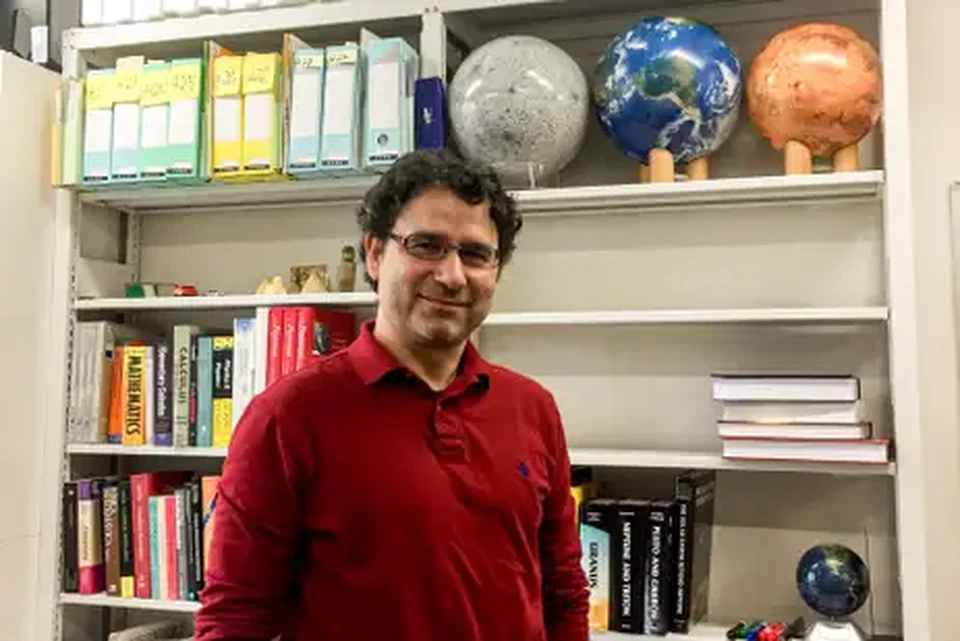| The planet's mass may be between 1.5 and 3 times that of Earth (Photo: Patryk Sofia Lykawka/Personal Archive) |
A study led by a Brazilian and Japanese researcher proposes the hypothesis of the existence of a new planet in the solar system.
Brazilian scientists Patrick Sofia Licoca, from Kindai University in Japan, and Takashi Ito, from the National Astronomical Observatory of Japan, reported that the planet will be located in a distant region called the Kuiper Belt and with a mass ranging from 1.5 to 3 times the mass of planet Earth. Planet Earth.
“We expect an Earth-like planet and many TNOs [objetos transnetunianos] “In strange orbits in the outer solar system, which could serve as testable markers for the planet's putative perturbations,” the researchers say in an article published in the scientific journal Astronomical Journal.
 |
| Sofia Likaoka is a professor at Kindai University, in Japan (Photo: Patrick Sofia Likaoka/Personal Archive) |
In an interview with the Unisinus news agency, Patrick Likawka reported that simulations showed that the solar system – known today as a collection of four giant planets (Jupiter, Saturn, Uranus and Neptune) – does not explain the properties of the supposed new planet. He graduated in physics and mathematics from a private university.
“Thus, this study predicts the existence of a planet with a mass of about 1.5 to 3 terrestrials in the distant outer solar system, located 200 AU away. There are three possible orbits for the planet, roughly: 200 to 300 AU, 200 to 500 AU, and 200 AU. To 800 astronomical units, but the best results favor the last two orbits.”
The researcher also highlighted the impact of this discovery on the scientific community and on future studies of the solar system. “First, the solar system will officially have nine planets again. Furthermore, as with the 2006 reclassification of Pluto, we will need to refine the definition of 'planet', as a massive planet farther from Neptune will likely belong to a new category. And finally Our theories about the solar system and planetary formation will also need to be revised.
According to the Unisinos website, the Brazilian has lived in Japan for more than 20 years and teaches at Kindai University.
comments
The following comments do not represent the opinion of Diario de Pernambuco; Responsibility of the letter writer.

“Wannabe internet buff. Future teen idol. Hardcore zombie guru. Gamer. Avid creator. Entrepreneur. Bacon ninja.”

